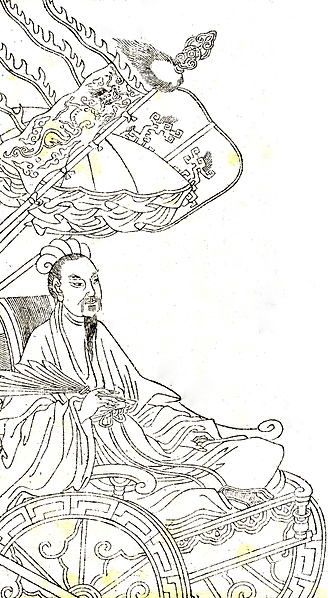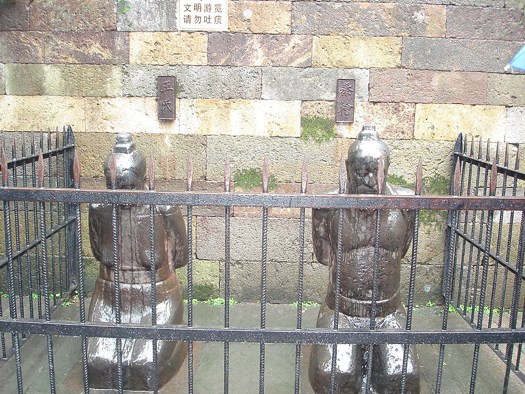The (Much Abbreviated) Life and Times of Zhuge Liang

Think of the Three Kingdoms period in China as roughly analogous to Arthurian legend in the West. Like King Arthur and his knights, the central actors in the Three Kingdoms lived in the first few centuries A.D.. In the same way Sir Thomas Mallory romanticized and popularized Arthur, Lancelot and Percival in Le Morte d’Arthur in 1485, Chinese novelist Luo Guanzhong glamorized Zhuge Liang and his contemporaries in Romance of the Three Kingdoms in the late 1300’s.
And while Romance of the Three Kingdoms is much more historically accurate than Le Morte d’Arthur (the third century Chinese kept far better records than the pre-Saxon Birts), it serves much the same purpose culturally. Over the centuries it’s spawned folk tales, books and operas. More recently it’s been the inspiration for comics, websites, video games, cartoons and full-length Lord of the Rings-style feature films. There are Three Kingdoms fan fiction books, role playing games and figurines, and heaps of miscellaneous merch. So while on the one hand it’s legitimate culture and history, on the other it’s nerd heaven.
READ ON